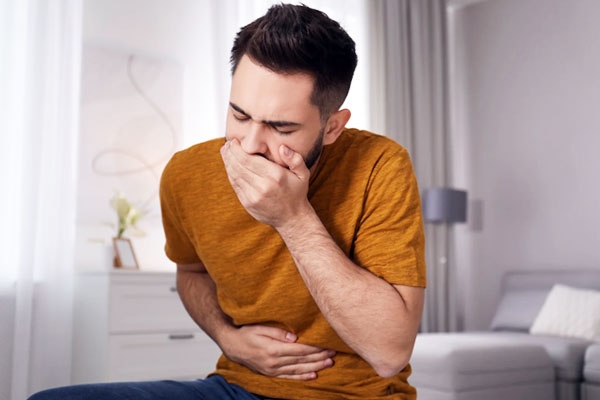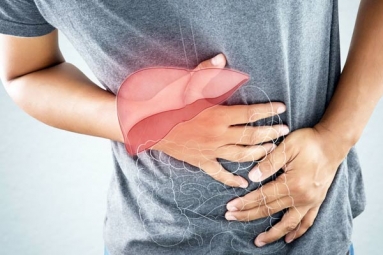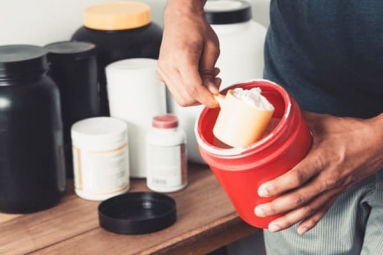
(Image source from: Canva.com)
Irritable Bowel Syndrome (IBS) is a common digestive disorder that manifests through symptoms such as abdominal discomfort, bloating, excessive gas, and changes in bowel habits, which may include constipation or diarrhea. Factors such as lifestyle choices, dietary habits, and stress play significant roles in both the onset and worsening of these symptoms. The impact of caffeine on IBS is particularly noteworthy, especially when it is ingested through beverages like coffee or tea.
Caffeine is a naturally occurring stimulant that influences the nervous system, boosting alertness and energy, which is why it is often included in daily habits. Additionally, it enhances the movements of the digestive tract, leading to more rapid bowel movements, a potential concern for individuals with IBS, especially those who experience diarrhea as a primary symptom.
Research and clinical experience suggest that high levels of caffeine intake can worsen IBS symptoms. Coffee, in particular, is recognized as an irritant to the gastrointestinal system, stimulating the production of gastric acid and acting as a laxative, which could lead to cramping, an urgent need to use the bathroom, and an increased frequency of trips to the restroom. Conversely, while tea is generally milder on the digestive system due to its less irritating properties, it does still pose some risks. Both black and green teas do contain caffeine, albeit in smaller quantities than coffee. Herbal teas are typically devoid of caffeine but can still contain other substances that affect digestion; for example, peppermint tea may help to relax intestinal muscles and provide symptom relief, while other herbal varieties could have anti-inflammatory effects.
The level of caffeine sensitivity varies widely among individuals with IBS. Some may manage to drink one or two cups of coffee or tea without any adverse effects, while others might trigger symptoms even with minimal consumption. Stress and various dietary elements can also influence individual responses. Additionally, it’s important to consider that tea and coffee are often enjoyed with additions like milk and sugar, both of which can also trigger IBS symptoms. While caffeine alone does not cause IBS, it can aggravate symptoms for those who already have the condition. Therefore, strategies such as cutting back on caffeine, opting for decaffeinated versions, or tracking symptoms post-consumption may prove beneficial in managing this issue.







